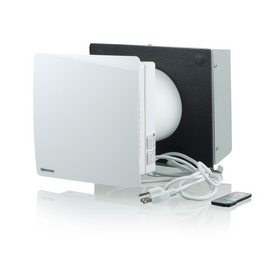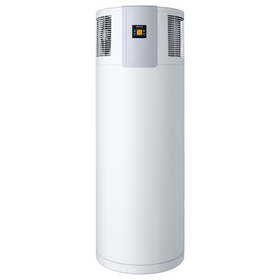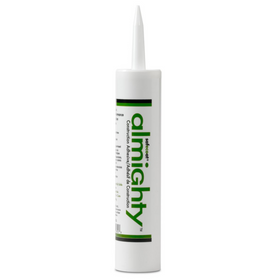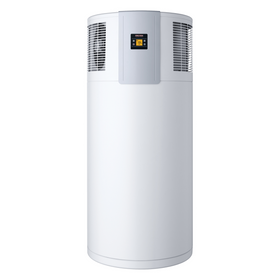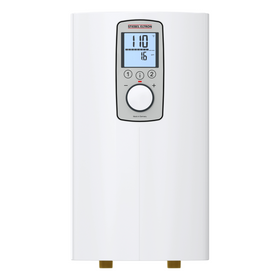- Home

In the short term, the city hopes to cut citywide carbon pollution by 25 percent by 2025 from 2006 levels. The city will begin that goal by focusing efforts on reducing the carbon pollution from the City-owned buildings and streetlights by 50 percent in the next decade.
The plan is broken into five focus areas, which include:
- Clean electricity supply
- Citywide solar
- Energy-efficient homes and businesses
- Low-carbon thermal energy
- Low-carbon economy
The clean electricity supply and citywide solar focus areas specifically center on transitioning the city towards carbon-zero energy sources. Within the next thirty years, the power plants that provide energy to the city will be entirely composed of carbon-free, renewable sources of clean energy alternatives. The city will continue to urge its residents to install rooftop solar panels to improve air quality in the city while simultaneously reducing the carbon footprint of the homes we live in.
Most importantly, the city believes that this sustainability agenda will also yield significant economic benefits. Not only will the city invest in clean energy systems in every zip code across the city (thus ensuring equitable access to clean energy solutions for citizens from all income brackets), but it also hopes to lower energy bills for the 33 percent of Philadelphians struggling to pay bills. This transition to a low carbon economy is well poised to open up several family-supporting clean energy job opportunities while also spurring future economic growth.
What Does This Mean for Philadelphia Homeowners?
Over 79 percent of current greenhouse gas emissions in Philadelphia come from the over 600,000 buildings (both residential and commercial) and the electricity used to power those buildings. For this reason, one of the most essential elements of the “Powering our Future” clean energy vision is focused on incentivizing energy-efficient homes and businesses across the city.
The Energy Efficient Homes and Business focus of the report is dedicated to eliminating the energy wasted in homes to save homeowners money, improve indoor air quality, and reduce reliance on fossil fuel-generated energy. Similarly, the low-carbon thermal energy focus is an effort to reduce home heating dependence on oil and gas furnaces. Specifically, the city plans to incentivize homeowners and businesses that make the switch to more energy-efficient heating alternatives, including emerging technologies such as microgrids, high-efficiency electric heat pumps, fuel cells, geothermal and solar heating systems, and renewable biogas for home and hot water heating.
Tobias Roberts
Tobias runs an agroecology farm and a natural building collective in the mountains of El Salvador. He specializes in earthen construction methods and uses permaculture design methods to integrate structures into the sustainability of the landscape.


